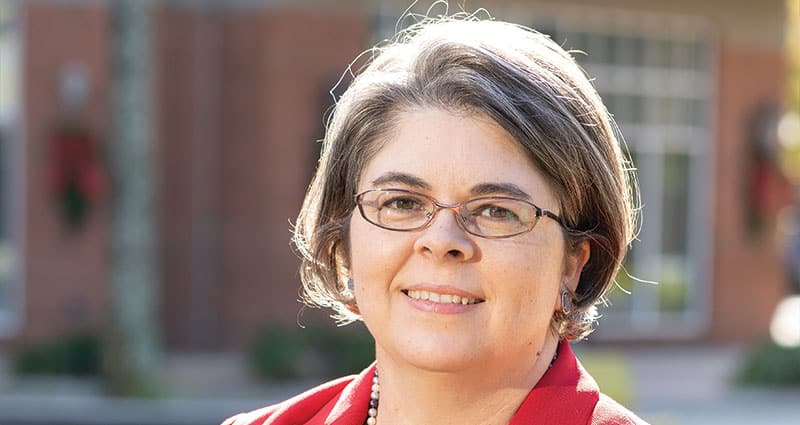Our health system has operationalized our Diversity, Equity & Inclusion work and created a report to share the impact of this foundational work. This team member profile and others share the story of these efforts and how their own impact is reflected in our work. We are committed to investing and improving to ensure diverse and inclusive environments where our patients, team members and communities can thrive.
Healthcare doesn’t start in the exam room, and health problems don’t start overnight. Social determinants of health (SDOH) account for about 80% of a person’s health and wellness. They also contribute to health disparities and inequities. Medicine and surgery can only do so much, and simply promoting healthy life choices won’t eliminate disparities. Our health system is determined to take action to improve conditions in our communities.
First, we are tracking SDOH within our own patient populations. Dr. Tonya Jagneaux, Our Lady of the Lake chief medical informatics officer and associate professor of clinical medicine at LSU Health Sciences Center, serves on our DEI Community Workgroup and leads our SDOH pilot program in EPIC, our electronic health record system. It’s an expansion of work that’s been in progress for about three years in conjunction with the LSU College of Engineering.
EPIC has a screening tool, but this project includes sensitivity training to ask the difficult questions and truly listen to patients’ answers. The SDOH pilot program includes work to improve the software’s efficiency, reducing the number of clicks and interruptions while capturing the patients’ stories and creating more value. The project started in the Baton Rouge market, and eventually all our system’s patients will be screened at least once a year.
By tracking and identifying patients’ barriers to health, we can then take the steps to connecting them to solutions through social workers or other community resources. “If you don’t recognize these obstacles, you certainly cannot hope to overcome them,” Dr. Jagneaux says.
Diana Hamer, PhD, research scientist in the LSU Internal Medicine Residency Program at Our Lady of the Lake Regional Medical Center, works with Dr. Jagneaux and has built a searchable library of resources mapped to the questions in EPIC. The integration goal will be to have seamless information exchange for patients and providers. With a background in public health, epidemiology and statistics, Dr. Hamer helps capture the needed information, turning their shared vision of addressing SDOH into reality.
“Our mission as a health system includes caring for those most vulnerable, and to do that effectively we must kno who our most vulnerable are,” Dr. Hamer says. “With this data we’ll paint a better picture: what actually are our patients needs and how can we pair them with the available resources.”
Dr. Jagneaux remains mindful of the larger picture of DEI work.
“Diversity, equity and inclusion is helpful from the education standpoint and getting rid of our blind spots,” Dr. Jagneaux says. “But it requires an agenda. We can’t do it by accident. We must do it on purpose. We have a tapestry effect going on where we have lots of folks who sit in the same spaces working together to tackle these types of problems.”
Social Determinants of Health
- Education Access and Quality
- Healthcare Access and Quality
- Economic Stability
- Social and Community Context
- Neighborhood and Built
- Environment




